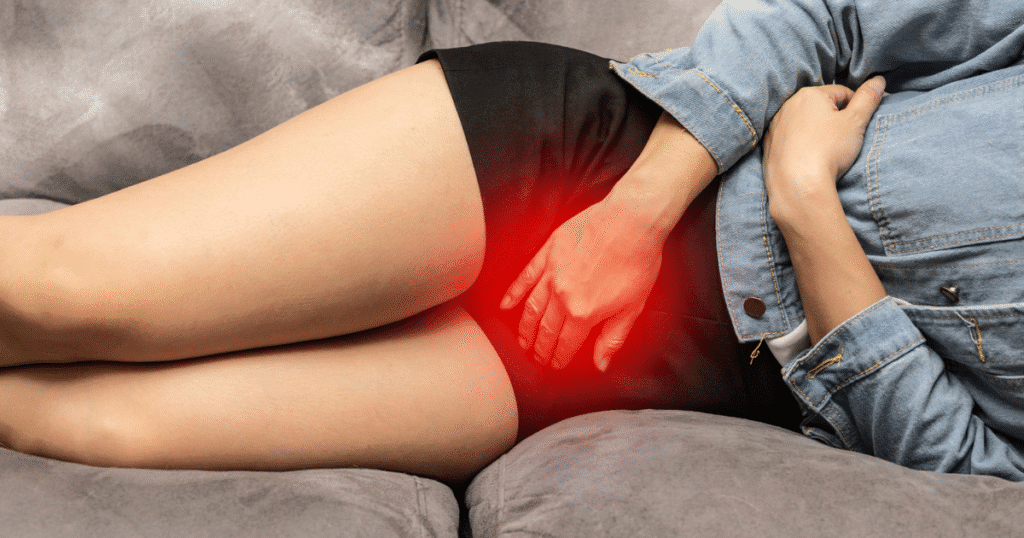Comprehensive Guide to Treatment Options for Lichen Sclerosus
Understanding Lichen Sclerosus
Lichen sclerosus is an inflammatory skin condition predominantly affecting the genital and anal regions. While the National Eczema Association estimates that around 85% of cases occur in the genital area, it can also manifest on other parts of the body.
Key Symptoms
- Initial Symptoms: Early signs often include significant redness, itching, and inflammation.
- Advanced Symptoms: As the condition progresses, you may notice skin thinning (atrophy) and potential scarring. This can lead to painful sores and discomfort during activities like urination or bowel movements.
Who Is Affected?
Lichen sclerosus can impact individuals of any age, including children. However, it is more prevalent among women, especially those around the age of 40. It’s crucial to note that while the exact cause remains unclear, there are suggestions of an autoimmune mechanism and a genetic predisposition.
Note: Lichen sclerosus is not a sexually transmitted disease and cannot be spread person-to-person.
Treatment Options for Lichen Sclerosus
First-Line Treatments
The primary treatment for genital lichen sclerosus involves:
- Topical Steroids: Strong corticosteroid creams or ointments are typically the first line of defense. Patients are advised to apply these medications regularly for several weeks to months to manage inflammation effectively.
Long-Term Management
While you may taper off the use of steroid cream over time, lichen sclerosus often necessitates long-term treatment. Patients may also benefit from non-steroid topical anti-inflammatory medications.
Alternative Treatments
In some cases, dermatologists may explore additional therapies based on the individual needs of the patient:
- Non-steroidal Options: Other topical medications can assist in managing symptoms, particularly if the condition does not respond adequately to steroids.
- Education and Support: Consulting a board-certified dermatologist is essential for personalized treatment plans.
Seeking Professional Help
If you suspect you have lichen sclerosus or have already been diagnosed, it’s vital to consult with a specialist. A dermatologist can guide you through the most effective treatment options tailored to your specific needs.
To schedule an appointment, contact a local dermatology clinic or visit resources like CDC Dermatology for more information.
Final Thoughts
Managing lichen sclerosus can be challenging, but effective treatments are available. With proper care and guidance from a healthcare professional, you can address the symptoms and improve your quality of life. Don’t hesitate to reach out for help if you experience symptoms associated with this condition.


